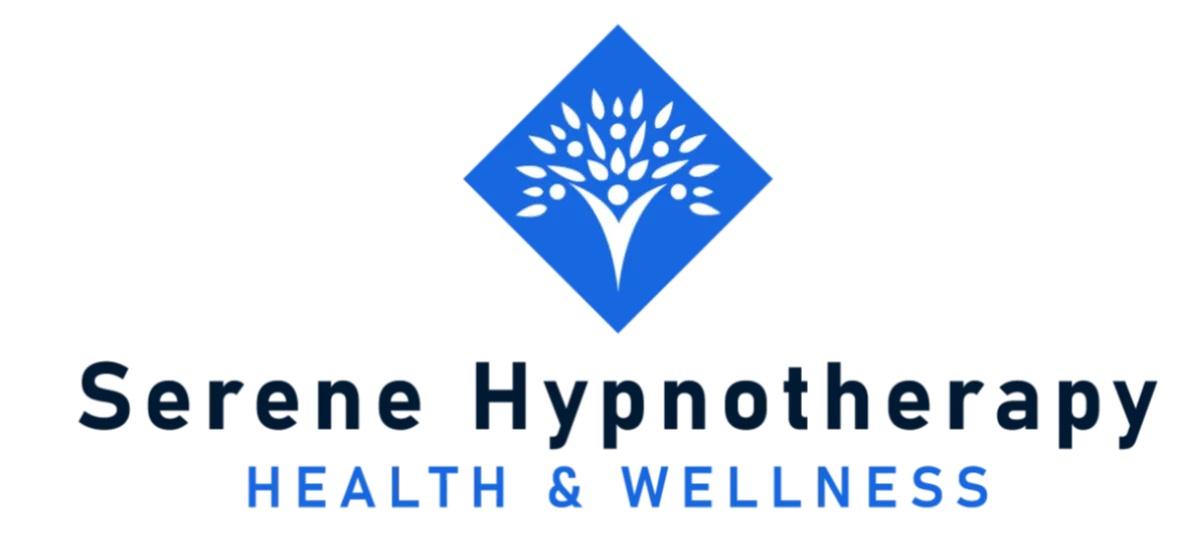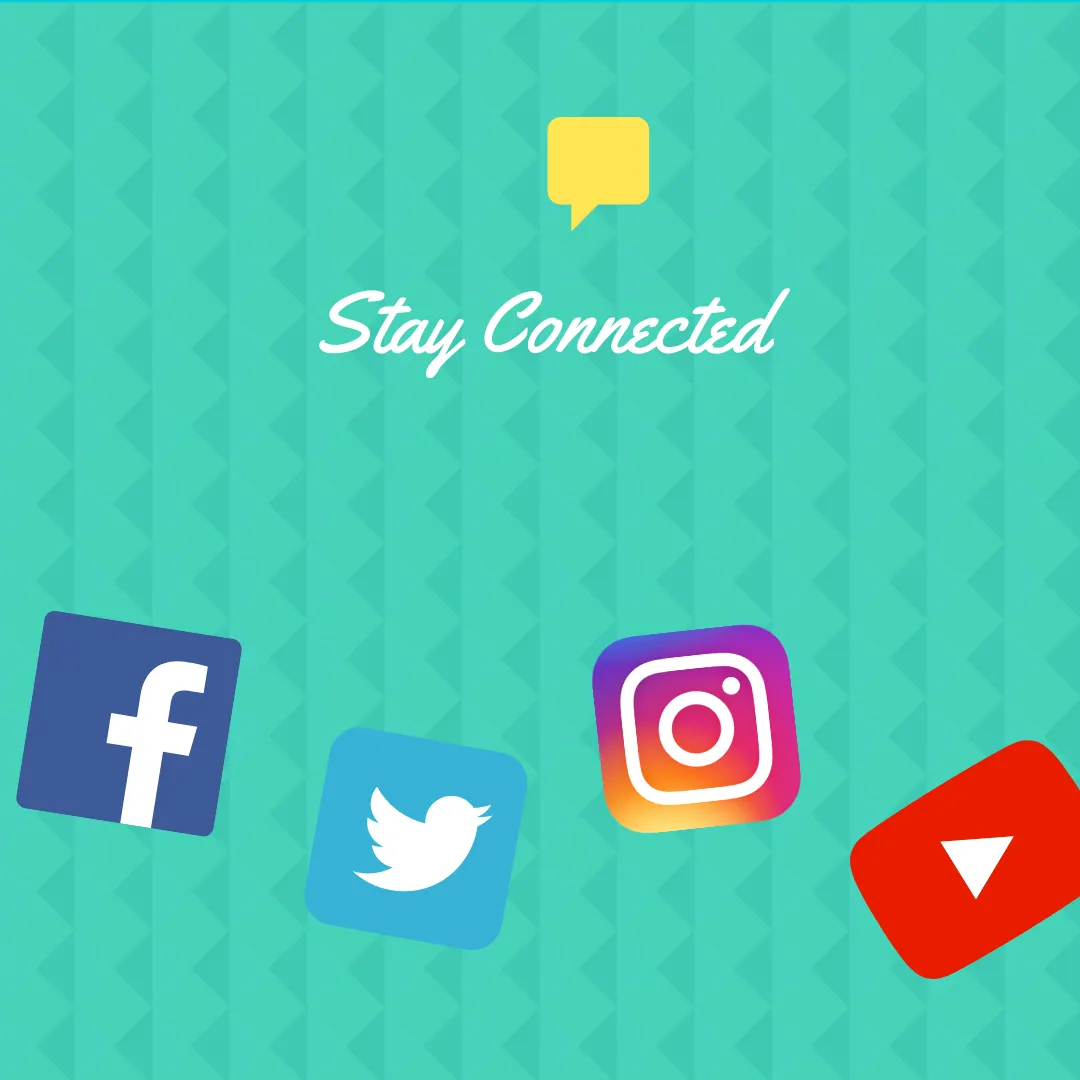403-498-8884

Unlock the Secrets to a Happier, Healthier You
Discover Our Latest Blog Posts!

Balancing Social Media Use: Strategies for Maintaining Mental Health
Social Media: A Double-Edged Sword of Connectivity
Social media has become an integral part of our lives, shaping the way we connect, communicate, and even perceive ourselves. I, like many others, have experienced both the highs and lows of this digital landscape. While it offers unparalleled opportunities for connectivity and community building, it also harbors significant threats to our mental health.
The Bright Side of Social Media
There's no denying the positive impact social media has had on our ability to connect with others. Platforms like Facebook, Twitter, and Instagram have made it easier than ever to stay in touch with family and friends, no matter where they are in the world. For instance, I have a cousin who lives halfway across the globe, and thanks to social media, we're able to share life's milestones and day-to-day moments in real-time.
Beyond personal connections, social media has been a game-changer for community building. From support groups for mental health to niche hobby communities, these platforms provide a sense of belonging and support that can be incredibly empowering. I've seen firsthand how online communities can rally around a cause, offering emotional support and practical advice to those in need.
The Dark Side of Social Media
However, it's not all sunshine and roses. The very platforms that connect us can also contribute to feelings of isolation and inadequacy. The curated nature of social media means we're often comparing our behind-the-scenes to someone else's highlight reel. This constant comparison can lead to feelings of inadequacy and low self-esteem.
I remember scrolling through Instagram during a particularly tough time in my life. Seeing endless posts of friends and influencers seemingly living their best lives only deepened my sense of loneliness and despair. It's a vicious cycle that's all too easy to fall into.
Then there's the issue of cyberbullying, a dark underbelly of social media that can have devastating effects on mental health. The anonymity provided by these platforms can sometimes bring out the worst in people, leading to harassment and bullying that can be particularly harmful to young, impressionable users.
Personal Experiences and Observations
From my own experiences, I've witnessed how social media can be both a lifeline and a source of distress. During the pandemic, social media became a crucial tool for staying connected with loved ones and finding support. But it also became a source of stress and anxiety, as constant updates about the crisis made it hard to disconnect and find peace.
I've also observed friends and others struggle with the pressures of social media. One close friend became so obsessed with curating the perfect online persona that it started affecting her real-life relationships and mental well-being.
The Impact on Relationships
Social media's impact on relationships is multifaceted. On one hand, it has the power to strengthen connections by allowing us to stay in touch with family and friends regardless of geographical barriers. Whether through video calls, messaging, or sharing updates, these platforms offer ways to maintain and even enhance our relationships.
However, social media can also strain relationships. The constant stream of carefully curated content can create unrealistic expectations and jealousy among partners and friends. Seeing others portray their relationships in an idealized manner may cause feelings of inadequacy or lead to unnecessary comparisons. Additionally, the time spent on these platforms can detract from real-life interactions, diminishing the quality of face-to-face communication.
Moreover, social media can facilitate misunderstandings and conflicts. A post or comment taken out of context can lead to disagreements and mistrust. Public displays of private matters can also put a strain on relationships, as issues that might have been resolved privately now have the potential to escalate publicly.
Suggestions for a Healthier Relationship with Social Media
Given the double-edged nature of social media, how can we cultivate a healthier relationship with it? Here are a few suggestions:
Mindful Consumption: Be intentional about how and when you use social media. Set specific times for checking your feeds and stick to them.
Digital Detoxing: Regularly take breaks from social media to recharge and focus on offline activities.
Curate Your Feed: Follow accounts that inspire and uplift you, and don't hesitate to unfollow those that bring negativity.
Engage Meaningfully: Use social media to foster genuine connections rather than superficial interactions.
Impact on Mental Health
The pervasive use of social media has significant implications for mental health. While these platforms offer opportunities for connection and community, they can also contribute to mental health challenges. Studies have shown that excessive use of social media can lead to increased feelings of anxiety, depression, and loneliness. The constant exposure to idealized representations of others' lives can exacerbate feelings of inadequacy and low self-esteem. For some users, the pressure to maintain a perfect online persona can be overwhelming and lead to stress and burnout.
Furthermore, the phenomenon known as "doomscrolling"—the act of compulsively scrolling through negative news or distressing content—can exacerbate anxiety and affect overall well-being. The lack of meaningful interaction and authentic engagement on social media can leave individuals feeling isolated despite having numerous online "friends" or "followers." Sleep disturbances are another concern, as the blue light emitted by screens and the habit of checking social media before bed can interfere with the quality and duration of sleep.
To mitigate these negative impacts, it's essential to foster a balanced approach to social media use. Being aware of one's emotional responses while using these platforms can help in recognizing when it's time to take a break. Strategies like setting time limits, seeking out positive content, and engaging in offline activities can all contribute to a healthier relationship with social media and better mental health outcomes.
Conclusion and Call to Action
Social media is here to stay, and it's up to us to harness its benefits while mitigating its drawbacks. By being mindful of our consumption and setting healthy boundaries, we can enjoy the best of what these platforms have to offer without falling prey to their potential harms.
I encourage you to reflect on your own relationship with social media. Are there areas where you could make changes for the better? Share your thoughts and experiences in the comments below—after all, fostering open dialogue is one of the most powerful aspects of social media.
Let's use this double-edged sword wisely.

Download Your Free Everyone's Guide to Serene Hypnosis
Your Free Download Is Ready To Be Sent!
Please Remember:
As with any Therapy, actual results may vary based on individual results. This is not a substitute for medical advice or treatment. Please do not stop, alter or modify any medications without consulting your prescribing doctor or medical professional first.
CONTACT US
Serene Hypnotherapy Health & Wellness
Paramount Learning Systems Inc.
Varsity Medical Professional Building
8 Varsity Estates Circle NW
3rd Floor Calgary, Alberta
Canada. T3A 2Z3
403-498-8884


All Rights Reserved 2016 - 2026 Powered by Paramount Learning
All Rights Reserved 2016 - 2026
Powered by Paramount Learning
Privacy Policy | Terms and Conditions
